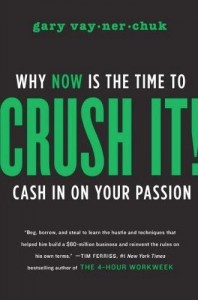Rev. Robert Schuller asks, “What would you do if you knew you could not fail?” It’s one of my favorite quotes.
I’ve often asked myself this question. When I found my confidence lacking, when a project got stalled because I didn’t know what to do next, or when I was faced with a major career decision, I would stop and think about the “best case scenario” and it helped me move forward.
I think it’s because of the word “if”. “What would do if. . .” is a hypothetical question. We can answer it because we’re not promising anything, we’re speculating. The question allows us to bypass our critical mind and find the answers.
We may still have fears and doubts but now we know what we would do if we didn’t.
If you are procrastinating on updating your web site, imagine that in 90 days that web site is bringing you four or five or ten new clients a month. If God Himself whispered in your ear and told you that your web site will be massively successful, what would you do today?
You’d make a list of tasks that need to be done and you’d start working on them, wouldn’t you? If you don’t know what those tasks might be, your first task would be to find someone who does know and ask them what to do.
If you knew for certain that things would work out exactly the way you wanted (or better), what would you attempt? If you knew that your project would be a success, what would you do today to move it forward?
Whatever it is that you would do if you knew you could not fail, that’s what you should do.
“What if it doesn’t work?” you ask.
“What if it does?”
If you’re already earning as much as you want, you don’t need to read this








